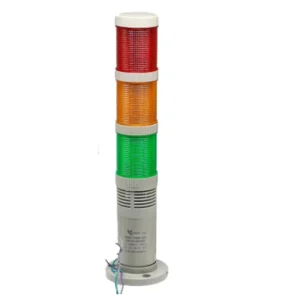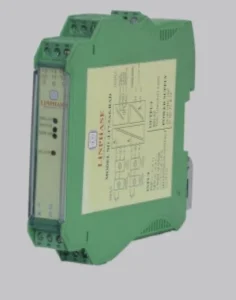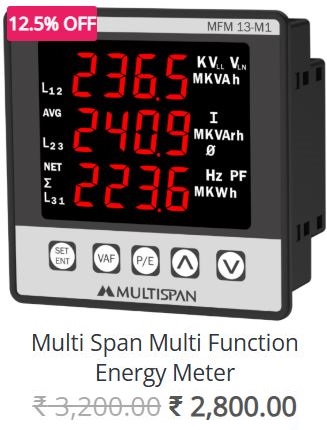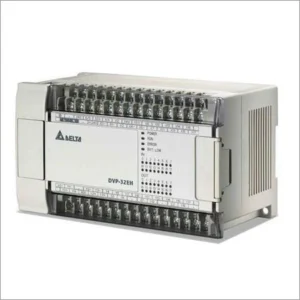Programmable Logic Controllers (PLCs) have revolutionized the industrial sector, serving as the backbone of modern automation systems. Whether you are in manufacturing, oil and gas, or food processing, PLCs offer numerous advantages that can significantly boost your operations. Let’s explore the top five benefits of integrating PLC systems in industrial automation.
1. Enhanced Productivity
PLCs automate repetitive tasks, enabling consistent and uninterrupted operations. This automation minimizes human errors, increases output, and allows businesses to meet production targets efficiently.
2. Improved Process Accuracy
With PLCs, complex processes can be monitored and controlled with precision. Real-time adjustments based on sensor feedback ensure optimal performance, maintaining high-quality standards.
3. Reduced Downtime
PLCs are designed to detect and diagnose faults quickly. By identifying issues in real-time, they help reduce downtime and maintenance costs, ensuring continuous operations.
4. Flexibility and Scalability
PLCs can easily adapt to new tasks or processes, offering unmatched flexibility. With modular programming, businesses can scale operations without significant overhauls in their automation systems.
5. Cost-Effectiveness
Despite the initial investment, PLCs provide long-term cost savings by reducing labor costs, enhancing energy efficiency, and minimizing material wastage.
Why Choose PLCs for Your Industry?
PLCs are a cornerstone of industrial automation, offering unmatched reliability and adaptability. PLCs are or outmost importance for safety, quality as well as productivity purpose. These system decrease chances of human errors and enhance production. At Breval, we provide state-of-the-art PLC solutions tailored to your industrial needs. Explore our offerings at www.breval.co.in.


















